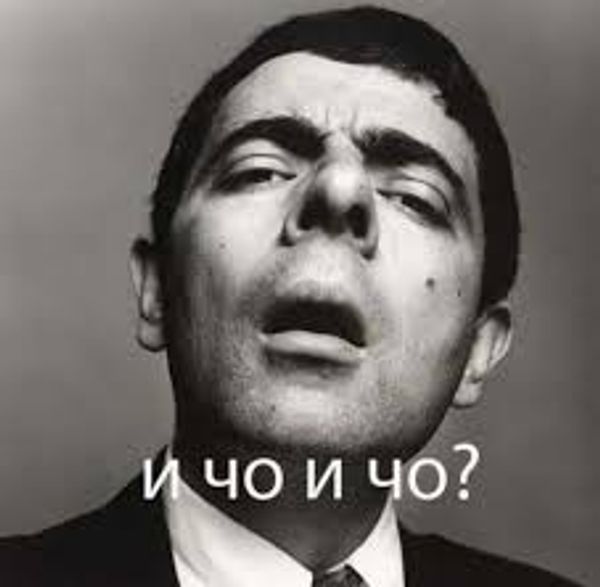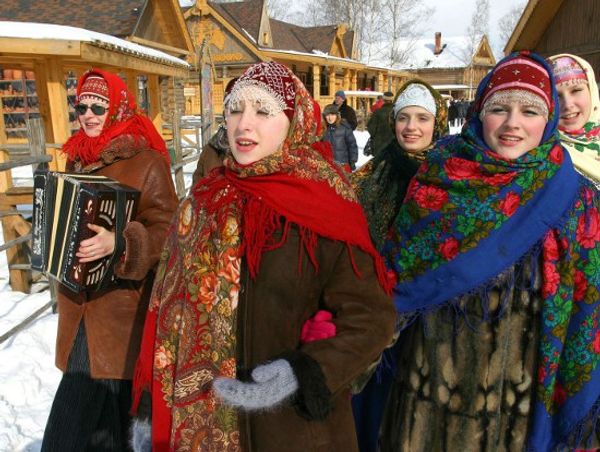10 Russian words to sound like a native Russian
Do you want to speak Russian like a native speaker? Do you want to understand Russian slang and words which seem strange to you? So, in this case my article is for you. Here you will learn 10 words which Russian native speakers use in their speech very frequently.
1) Давай. It can be translated as "Let's...or give". Russian use this word when they are going to propose something. For example: "Давай пойдем в кино"-"Let's go to watch movie". "Давай выпьем чаю"- "Let's drink tea". At the same time this word can be used to say goodbye even if it can sound a bit strange to a foreigner: "Ну все, пока!- Давай, до завтра".-"Ok, good-bye!- See you tomorrow".
2)Чо.

It's a very informal way to substitute the question word "Что?". You may use it order to ask someone repeat what he said if you didn't understand him or as a surprised reaction. But keep in mind that this word is very colloquial, so use it only with your close friends. "Чо?! Ты серьезно?"- "What?! Are you serious?".
3)Можно. A good way to use this word in a café or restaurant. For instance:"Можно (мне) меню? or "Можно(мне) кофе?"- "May I have a menu?" or "May I have coffee?"
4) Здрасьте или Драсьть. They are shortened forms of Russian greeting word "Здравствуйте". In order to simplify this long greeting russian can use quite often "Здрасьте" or even "Драсьть".
5) Да нет, наверное. This phrase can be literally translated as "Yes no, maybe". From the first sight it may appear incomprehensible but actually it means most likely negative answer to the question."Ты пойдешь с нами гулять?-Да нет, наверное". "Will you have a walk with us?- No, I think".
6) Да да да, нет нет, что что, привет привет, пока пока- words' repetition. Russian people have a habit to repeat the words which normally they can prononce just once. What for do they do it? Maybe to sound more sure or to give a special touch to what they say. For example:"Ты хочешь есть? -О,да, да, да, очень хочу!"- "Do you want to eat?- oh, yes, very much!"
7)Ничего or literrally "nothing" besides it can mean "well, good" as an answer to the question" Как дела?- Ничего"- "How are you?-Good".
8)Девушка, женщина, молодой человек, мужчина.

With these words you can address to a Woman or to a man. The word "девушка" means a young girl, young woman and a word "женщина" means a woman about or under forties. However, keep in mind, that it will be more polite to use the word "девушка" to both of them. With men however everything is clear: Young men you can call "молодой человек" and men under 30 - "мужчина".
9) Ну. It's a linking word used very often in an informal conversation. It may signify someone who is waiting for an answer or the end of the story. "Ну, а дальше, рассказывай!"- "And then, what happened then, tell me!".
10) Ну блин or just блин ("a pancake"). You can use this word to express your deception, disappointement of something. "Ну что, у тебя получилось?-Нет, блин." - "Did you manage to do it?-No".
I hope this article will help you to understand and speak Russian better. Now you know words from real vivid russian life.
Пока, пока!
13 août 2018





